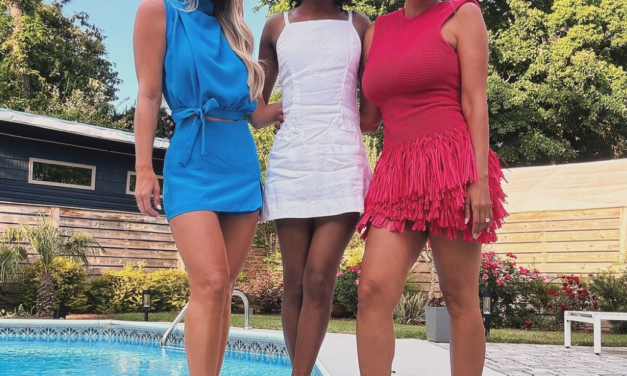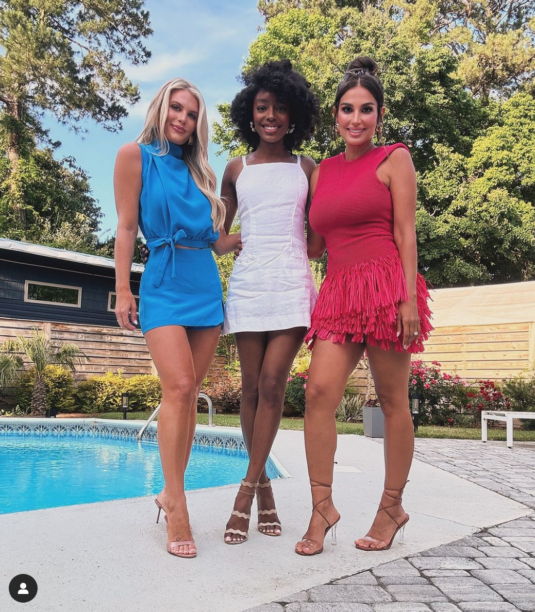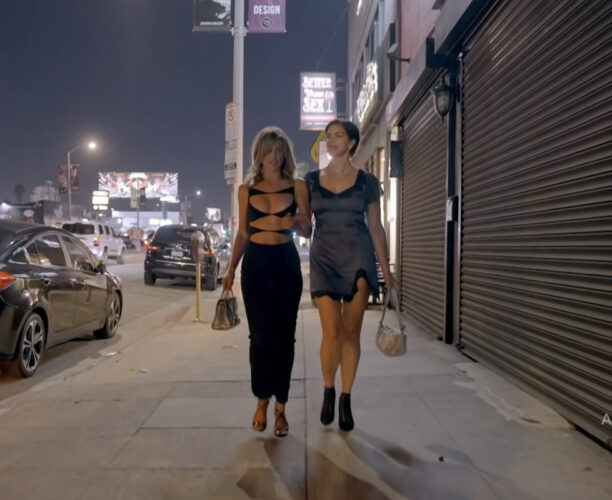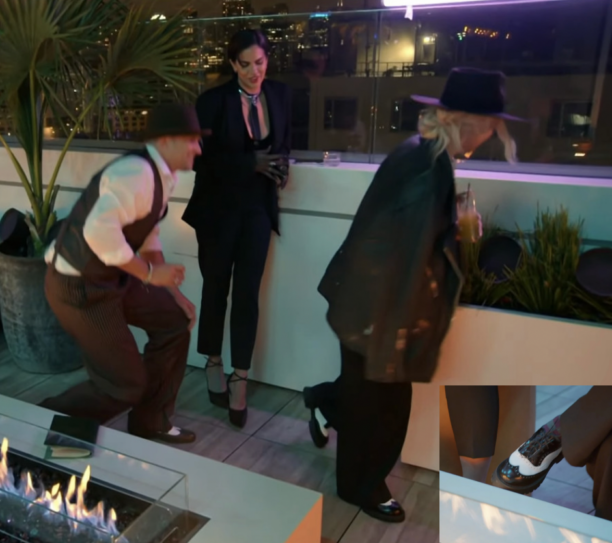Madison LeCroy’s Turquoise Top and Skirt Set
Madison LeCroy’s Turquoise Top and Skirt Set / Southern Charm Instagram Fashion May 2024
Well if it isn’t some of our fave Southern Belles! Madison LeCroy joined Leva Bonaparte and Venita Aspen for a photo op, and they all of course looked gorgeous. Madison was wearing the cutest turquoise top and skirt set that is just the perfect pop of color for summertime. And thankfully we all still have the Power to shop it below before our next mission outing!
Sincerely Stylish,
Jess
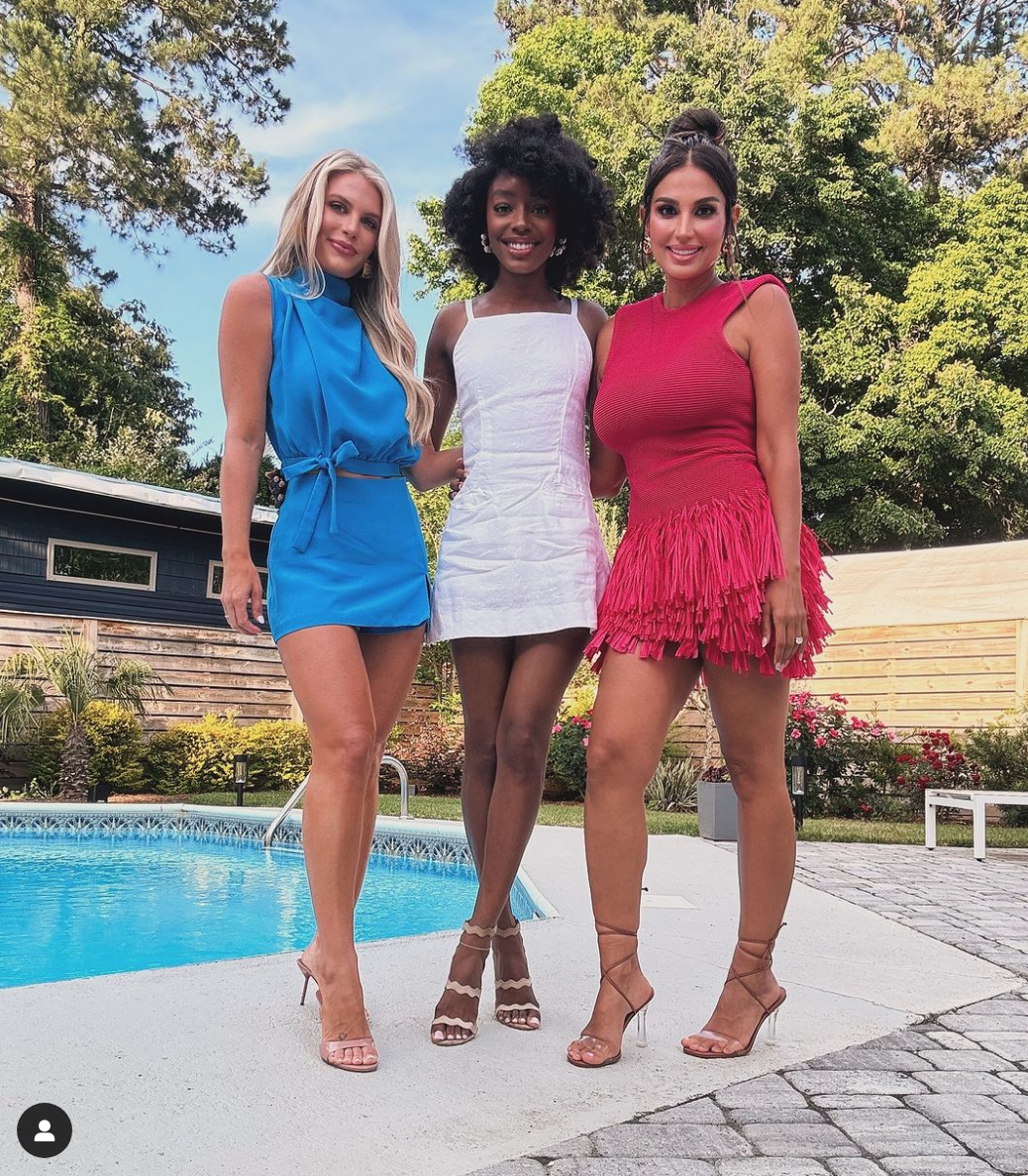
Shop Leva Bonaparte’s Dress / Shop Venita Aspen’s Dress
Photo: @levabonaparte
Instagram By Request
-

Ariana Madix’s Floral Embellished Mini Dress on WWHL
-

Erin Lichy’s Red Crochet Dress
-

Paige DeSorbo’s Navy Sleeveless Dress
-
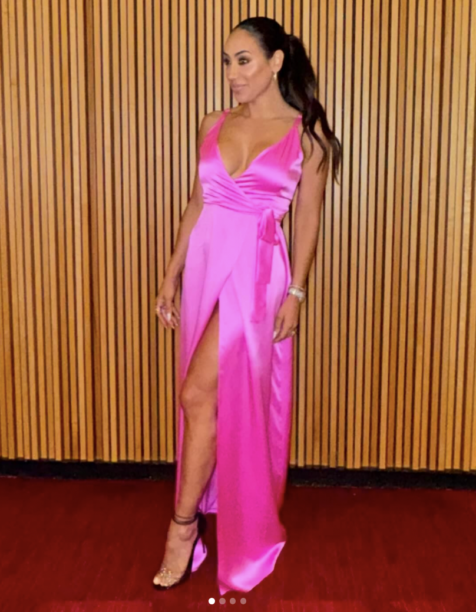
Melissa Gorga’s Pink Satin Maxi Dress
-

Scheana Shay’s Grey Jacket and Pants
-
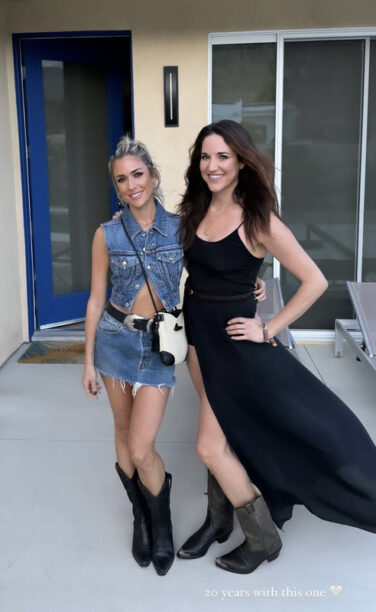
Kristin Cavallari’s Denim Vest
-

Paige DeSorbo’s Lip Color
-
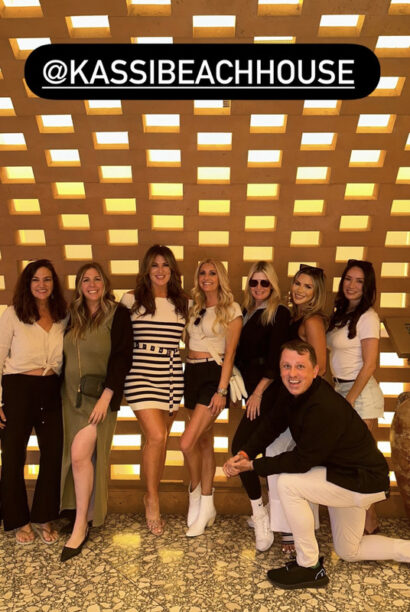
Emily Simpson’s White Striped Off The Shoulder Sweater Dress
-
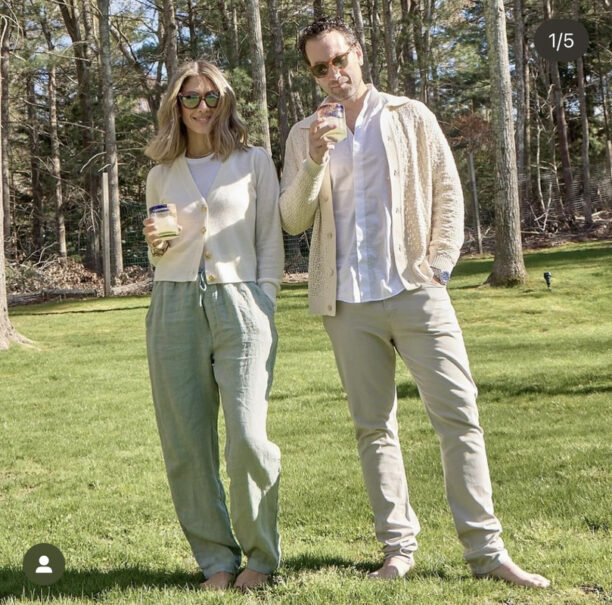
Lisa Hochstein’s Blue Plaid Mini Tweed Dress
-

Paige DeSorbo’s Orange Crochet Knit Dress
-
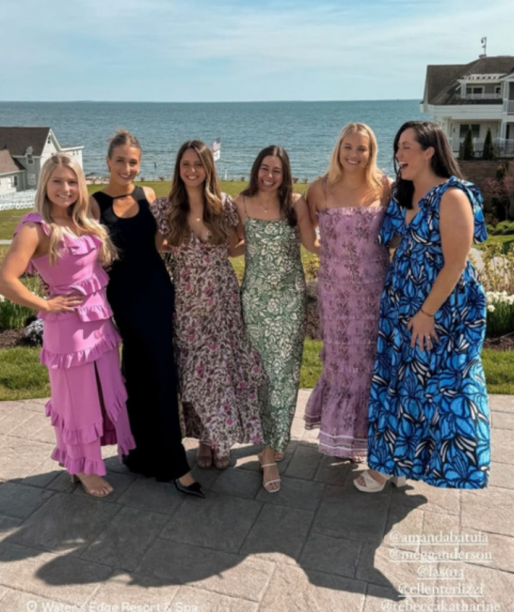
Amanda Batula’s Black Cutout Maxi Dress
-
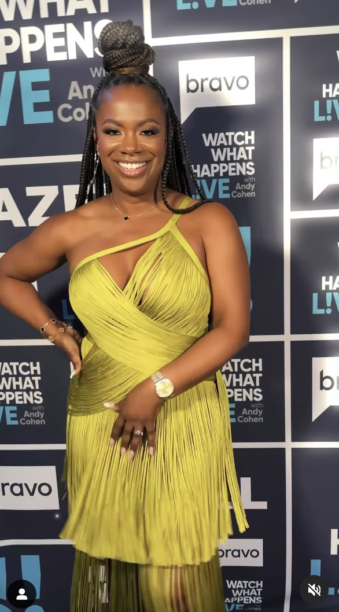
Kandi Burruss’ Lime Fringe Dress on WWHL
-
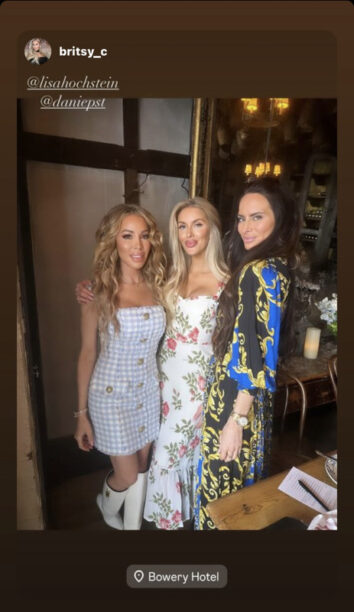
Lisa Hochstein’s Blue Plaid Mini Tweed Dress
-

Nicole Martin’s Sleeveless Blazer Dress
-
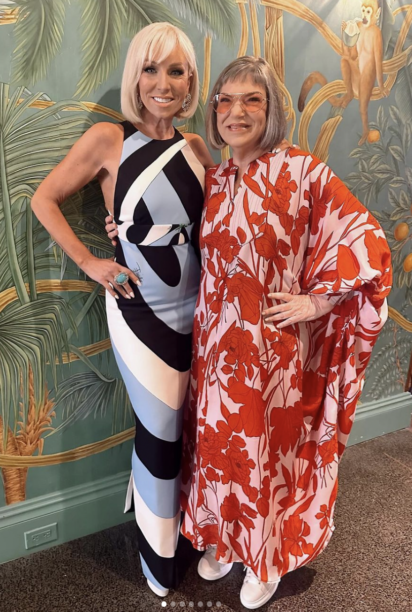
Margaret Josephs’ Blue Swirl Print Gown
-
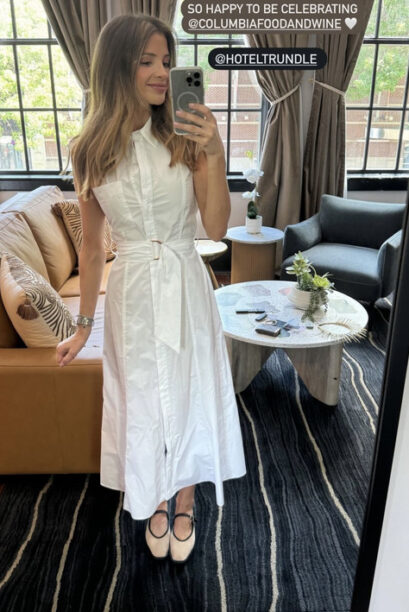
Naomie Olindo’s White Belted Sleeveless Shirt Dress
-

Jessel Taank’s Black and White Fringe Dress
-
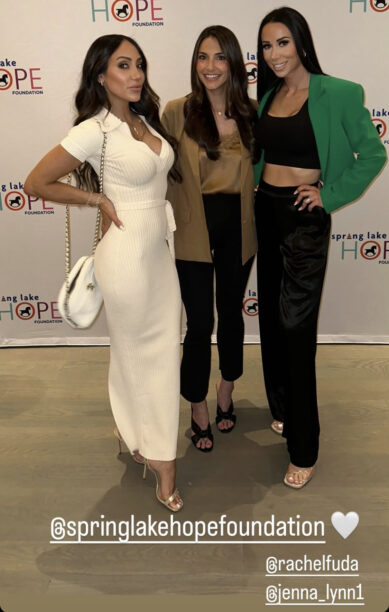
Melissa Gorga’s Cream Short Sleeve Sweater Dress
-
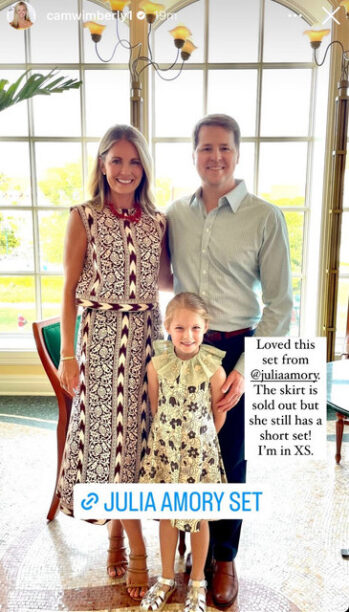
Cameran Eubanks’ Printed Top and Skirt Set
-
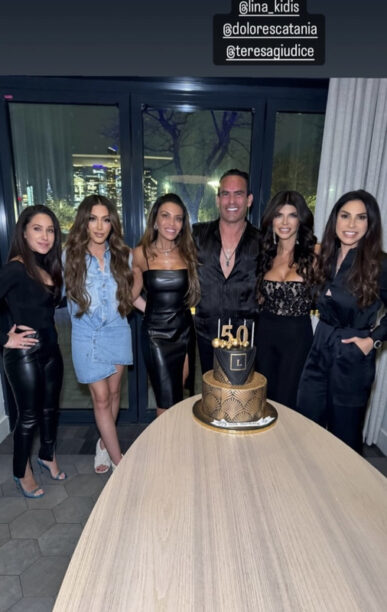
Dolores Catania’s Black Leather Dress
-
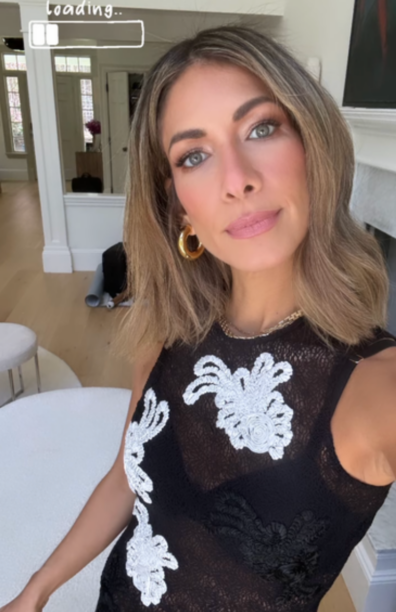
Erin Lichy’s Black Lace Crochet Embellished Dress
-
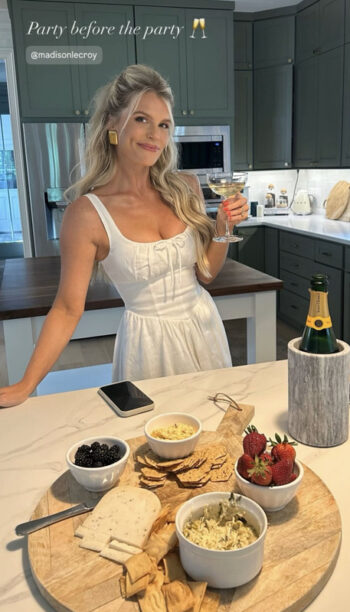
Madison LeCroy’s White Linen Corset Dress
-
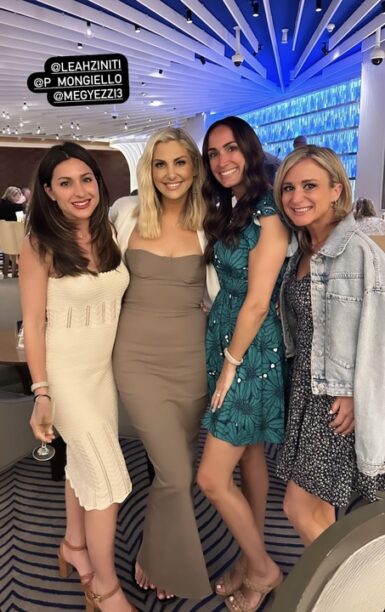
Gina Kirschenheiter’s Brown Bustier Strapless Maxi Dress
-

Amanda Batula’s Red Floral Dress
-

Ally Lewber’s Black and White Mini Dress on WWHL
-

Brynn Whitfield’s Grey Whipstitch Jacket
-
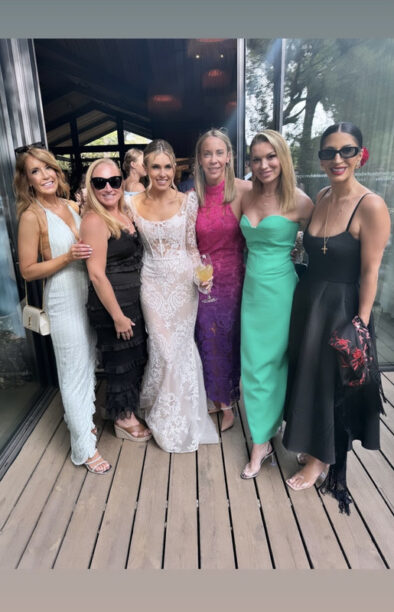
Lindsay Hubbard’s Green Strapless Bustier Dress
-

Kristin Cavallari’s White Linen Tank Top
Latest Posts
Originally posted at: Madison LeCroy’s Turquoise Top and Skirt Set
Read More

